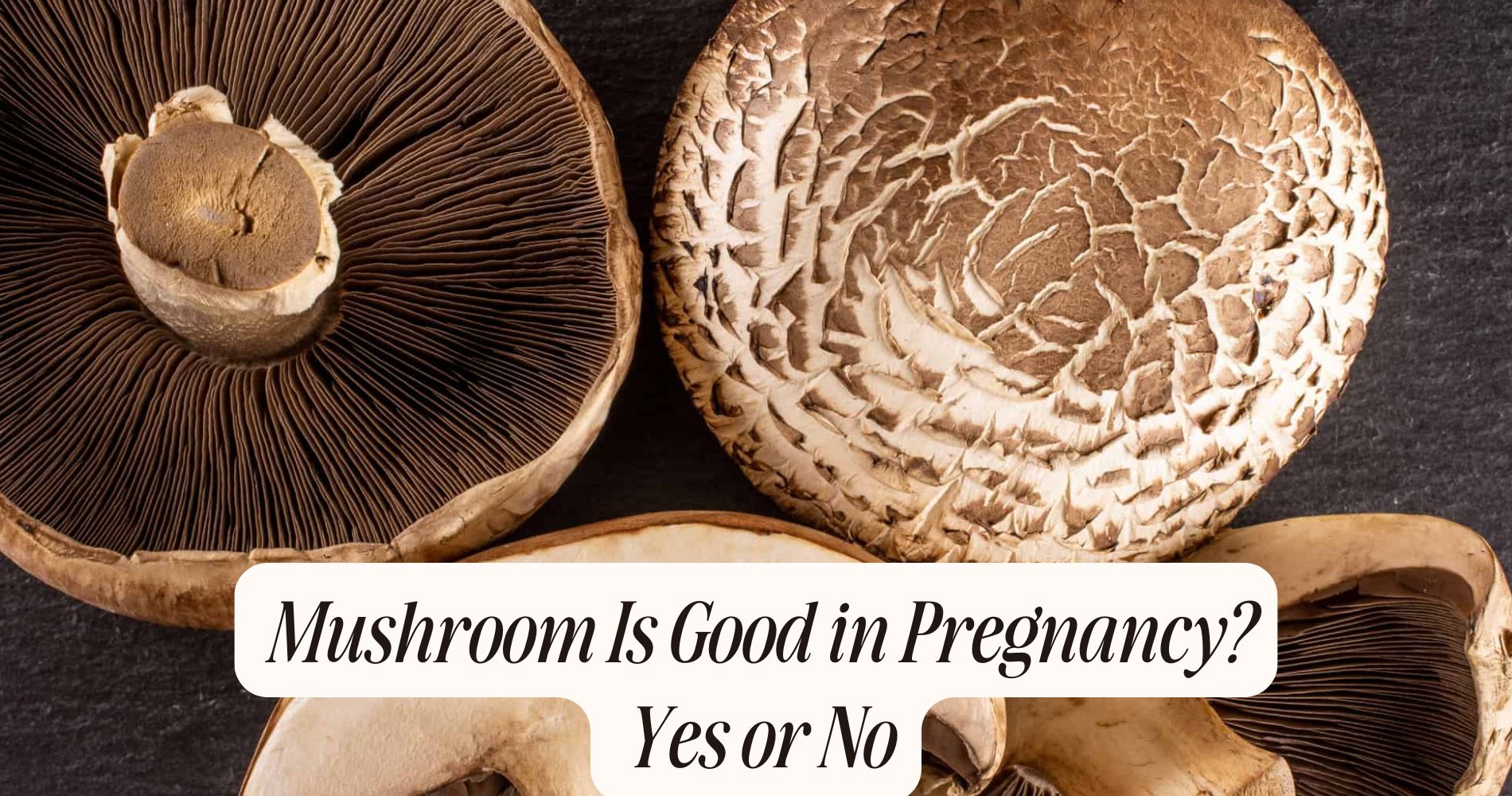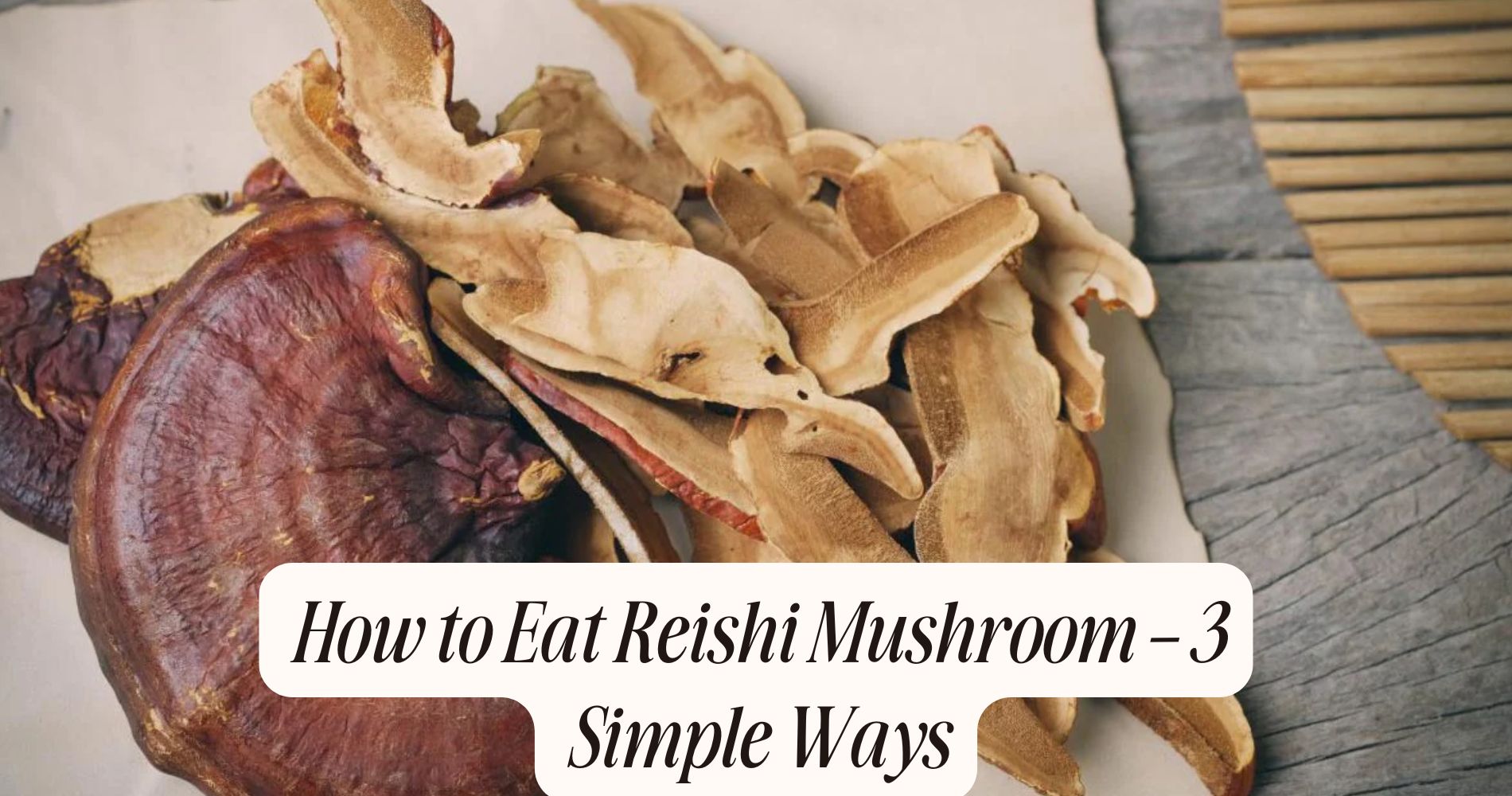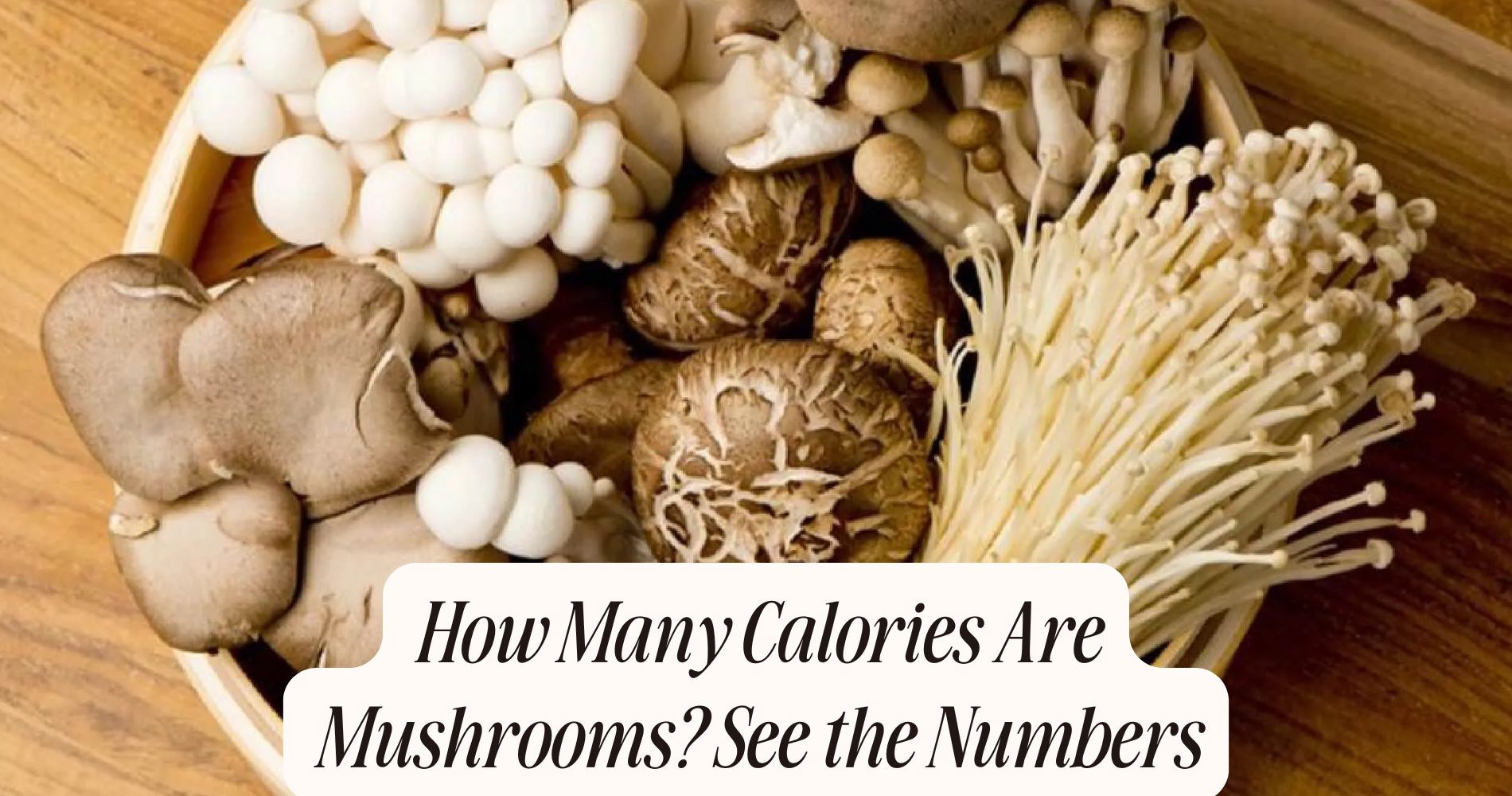
Mushroom Is Good in Pregnancy? Yes or No
Mushroom is good in pregnancy when consumed safely and properly. Yes, you can enjoy cultivated mushrooms during pregnancy, as they are rich in B vitamins, vitamin D, fiber, and antioxidants that support your health and your baby’s development. Opt for varieties like button, cremini, or shiitake, and make sure to cook them thoroughly to reduce any risk of infection. However, avoid wild or raw mushrooms, as they may contain harmful toxins or bacteria. Curious about which types, risks, and preparation methods are best for you? Read on to find out!
Nutritional Value of Mushrooms for Expectant Mothers
Mushrooms provide a rich source of essential nutrients that support a healthy pregnancy, including B vitamins, vitamin D, selenium, and fiber. You’ll benefit from B vitamins like riboflavin and niacin, which aid fetal development and energy metabolism.
Vitamin D in mushrooms supports calcium regulation and fetal bone growth. Selenium acts as an antioxidant, reducing oxidative stress, while dietary fiber helps maintain healthy digestion and prevents constipation—a common pregnancy concern.

However, you should remain cautious about mushroom allergies, which can provoke hypersensitivity reactions in certain individuals. It’s also important to contemplate the risk of fungal contamination.
Consuming only properly stored and thoroughly cooked mushrooms reduces the risk of ingesting harmful pathogens. Always consult your healthcare provider before adding new foods to your pregnancy diet for personalized advice.
Types of Mushrooms Safe to Eat During Pregnancy
While a wide variety of edible fungi are available, not all are appropriate during pregnancy due to potential toxins and contamination risks. You should choose mushrooms cultivated in controlled environments, such as white button, cremini, portobello, shiitake, and oyster mushrooms. These species undergo regulated mushroom cultivation processes, reducing the risk of bacterial or chemical contamination.
Always avoid wild-foraged mushrooms, as misidentification can lead to accidental ingestion of toxic varieties.

If you’ve never consumed mushrooms before, exercise mushroom allergy awareness by introducing small amounts first and monitoring for adverse reactions like rash, swelling, or gastrointestinal upset. Wash and cook mushrooms thoroughly to eliminate harmful microorganisms.
Consult your healthcare provider before incorporating less common varieties, ensuring your dietary choices align with clinical safety recommendations during pregnancy.
Health Benefits of Including Mushrooms in Your Pregnancy Diet
Selecting safe, cultivated mushrooms not only minimizes risks but also provides valuable nutrients that support maternal and fetal health. When you add mushrooms to your pregnancy diet, you benefit from their rich supply of B vitamins, selenium, potassium, and vitamin D, all important for fetal neural development, immune modulation, and electrolyte balance.
Modern mushroom harvesting methods ensure you receive mushrooms free from contaminants, optimizing nutritional intake. Additionally, their unique umami profile offers natural mushroom flavor enhancements, making healthy meals more enjoyable without the need for excessive sodium or artificial additives.

Including mushrooms supports protein synthesis and antioxidant activity, which are essential during pregnancy. By choosing properly cultivated varieties, you maximize health advantages while enjoying diverse culinary applications that can help with appetite and dietary variety.
Potential Risks and Safety Concerns
Although cultivated varieties remain generally safe, consuming wild or improperly identified mushrooms during pregnancy can pose significant health risks. Some wild mushrooms contain toxins that may cause organ damage or teratogenic effects, both of which threaten maternal and fetal well-being.
Even store-bought mushrooms can present issues; pesticide contamination is a concern since residues may not be fully removed through basic washing. Exposure to these chemicals could increase the risk of adverse pregnancy outcomes.
Additionally, mushrooms can trigger allergenic reactions, including anaphylaxis, especially if you have a known sensitivity to fungi or molds. Symptoms such as rash, swelling, or difficulty breathing require immediate medical attention.
You should always consult your healthcare provider before introducing new foods, especially if you have a history of allergies or food sensitivities.
Tips for Preparing and Cooking Mushrooms Safely
To minimize health risks during pregnancy, guarantee you purchase only fresh, cultivated mushrooms from reputable sources and avoid wild or foraged varieties entirely. Wild mushrooms may contain toxins that can’t be eliminated by cooking and are often mistaken during mushroom harvesting, increasing your risk of poisoning.
Once home, wash mushrooms thoroughly under running water to remove soil and potential pathogens. Always cook mushrooms completely, as raw mushrooms may harbor bacteria such as Listeria monocytogenes, which can pose serious risks during pregnancy.

Prioritize kitchen safety by using clean utensils and cooking surfaces to prevent cross-contamination with other foods. Store mushrooms in a refrigerator and use them within a few days for ideal freshness.
Recommended Daily Intake and Serving Suggestions
When considering mushrooms as part of your prenatal nutrition, it's important to focus on moderation and variety. Most guidelines suggest that you can safely consume 1 to 2 servings of cooked mushrooms daily during pregnancy, with one serving equaling about ½ cup of cooked mushrooms.
Always opt for thoroughly cooked mushrooms to reduce the risk of foodborne illness—steaming, sautéing, or baking are effective cooking methods. Avoid raw or wild-harvested varieties, as these may harbor toxins or pathogens.
If you have a history of mushroom allergies or experience symptoms such as itching, swelling, or gastrointestinal upset, discontinue consumption and consult your healthcare provider.
Foods to Pair With Mushrooms for a Balanced Pregnancy Meal
Since mushrooms offer a robust source of nutrients like B vitamins, selenium, and fiber, complementing them with other nutrient-dense foods enhances the overall nutritional profile of your prenatal meals.
To achieve balanced nutrition, pair mushrooms with lean proteins such as grilled chicken, tofu, or beans, which supply essential amino acids. Add leafy greens like spinach or kale to maximize folate and iron intake—crucial for fetal neural development and maternal oxygenation.
Whole grains, such as brown rice or quinoa, support sustained energy and fiber intake. For prime mushroom flavor combinations, consider using aromatic herbs, garlic, or low-sodium soy sauce, which amplify culinary uses of mushrooms without excess sodium or fat.
This approach ensures your pregnancy meals are both palatable and nutritionally comprehensive.
Safe and Convenient Mushroom Benefits During Pregnancy: SUPER MUSHROOM GUMMIES
If you're pregnant and want to benefit from mushrooms without any dietary concerns, try Well Gummies' SUPER MUSHROOM GUMMIES! These vegan, chewable gummies are formulated with 10 functional mushrooms to naturally support your brain, energy, and immunity—without the digestive challenges some mushrooms can pose. Enjoy a delicious wild berry flavor that’s as tasty as your favorite candy. Plus, no jitters or crashes—just calm energy and a clear mind to keep you shining throughout your day. Stay balanced and nourished with Well Gummies!
Frequently Asked Questions
Can Eating Mushrooms Affect the Baby’S Taste Preferences After Birth?
You influence your baby's taste development during pregnancy. Consuming mushrooms exposes them to unique flavors through amniotic fluid, shaping future flavor preferences. Evidence suggests early exposure may increase acceptance of similar tastes during complementary feeding after birth.
Are Mushroom Supplements Safe During Pregnancy?
When considering mushroom supplements during pregnancy, you should consult your healthcare provider. Watch for mushroom allergy and never use wild mushroom products, as safety and purity aren’t guaranteed. Evidence on supplement safety in pregnancy remains limited, so exercise caution.
Do Mushrooms Interact With Common Prenatal Vitamins?
You should know mushrooms don't typically interact with common prenatal vitamins. However, if you have mushroom allergies, avoid them. Including mushrooms as a dietary fiber source supports digestion, but always consult your healthcare provider for individualized recommendations during pregnancy.
Can Mushrooms Help With Pregnancy-Related Nausea?
You may find limited clinical evidence that mushrooms reduce pregnancy-related nausea. If you have mushroom allergies, avoid them. Cooking methods like thorough steaming or sautéing improve digestibility and safety, supporting overall gastrointestinal comfort during pregnancy, but individual responses vary.
Is It Safe to Eat Mushrooms When Breastfeeding?
You can safely eat mushrooms when breastfeeding, as mushroom safety is well-documented for most common edible varieties. They offer nutritional benefits like B vitamins and antioxidants, supporting maternal health and infant development. Make sure mushrooms are thoroughly cooked.
Conclusion
In brief, you can safely enjoy mushrooms during pregnancy when you choose edible varieties, cook them thoroughly, and practice proper food hygiene. Mushrooms offer essential nutrients like B vitamins, selenium, and antioxidants, supporting maternal and fetal health. However, avoid raw or wild mushrooms due to potential toxicity and infection risks. By incorporating safe mushrooms into your meals, you’ll enhance your nutritional intake and promote a healthy pregnancy. Always consult your healthcare provider with any dietary concerns.




